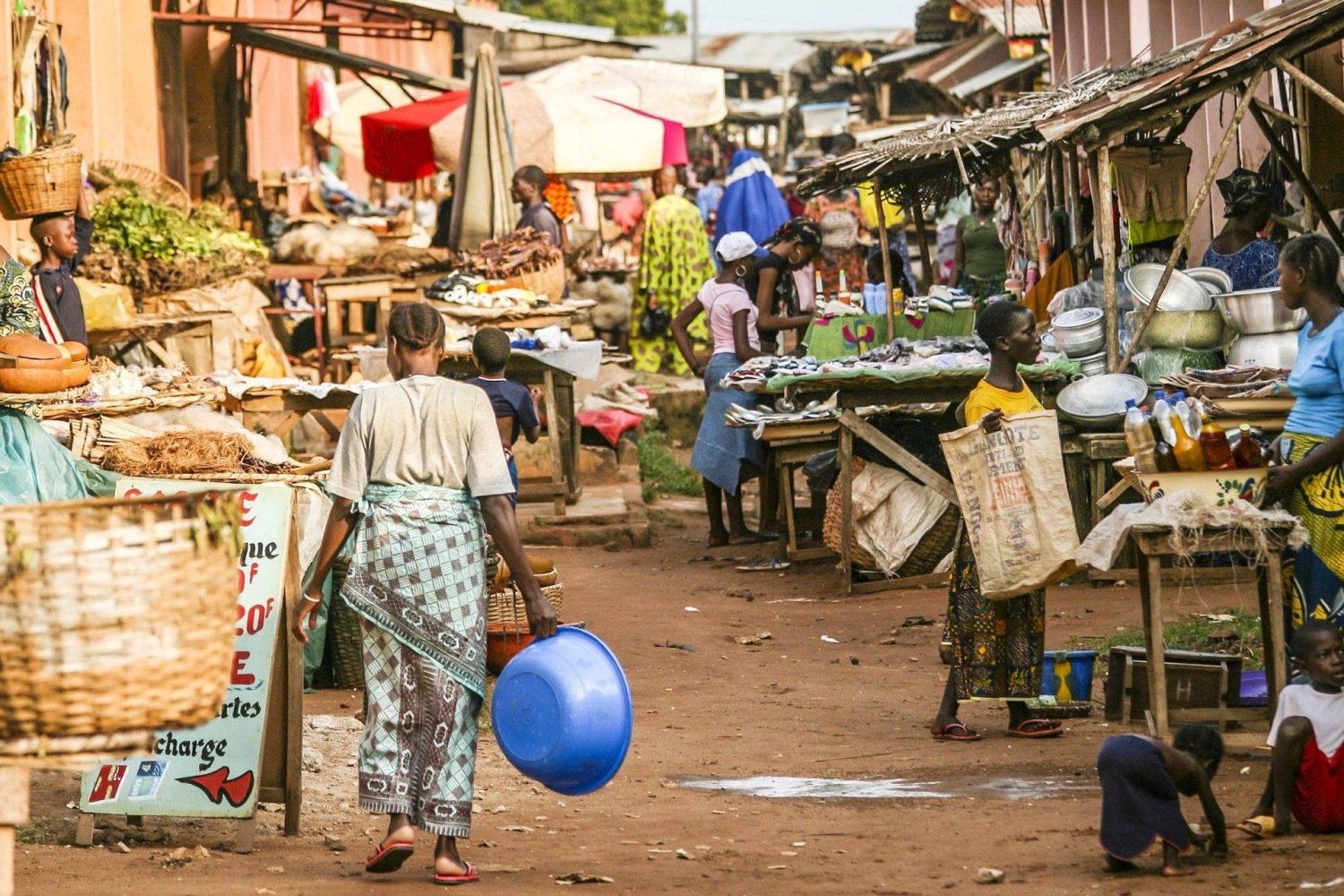Economic Growth Recovery To Take Longer In Sub-Saharan Africa- World Bank

A report by World Bank has revealed that recovery in economic growth of the Sub-Saharan Africa will take longer than had been previously forecast.
The global financial institution on Monday cut Africa’s growth forecast for 2019 to 2.8 percent from the initial 3.3 percent. World Bank revealed this through its April issue of Africa’s Pulse, a bi-annual analysis of the state of African economies.
The slowed growth in Sub-Saharan Africa’s economy has largely been attributed to weak performance in three of the region’s largest economies: South Africa, Nigeria and Angola. The three account for close 60 percent of its overall in regards to economic output.
For Nigeria and Angola, their oil production in 2018 was low and owed to the fact that both the two economies have a heavy dependent on the commodity, a fall in level of production had a huge impact in their economies as well as that of the Sub-Saharan Africa region.
Meanwhile, South Africa who came out of recession in the third quarter of last year had a slowed recovery with low levels of investments as the the report stated that investors were still cautious due to policy uncertainty.
“The slower-than-expected overall growth reflects ongoing global uncertainty, but increasingly comes from domestic macroeconomic instability including poorly managed debt, inflation, and deficits,” the bank noted.
“This downward revision reflects slower growth in Nigeria and Angola, due to challenges in the oil sector, and subdued investment growth in South Africa, due to low business confidence,” it said.
Growth reached 1.9 percent in 2018, up from 0.8 percent in 2017 in Nigeria. This depicts that even though oil production pulled the economy down, the other non-oil sector managed to somehow keep the economy afloat hence the increase witnessed.
As for mineral-rich countries like Democratic Republic of Congo and Niger, growth picked up due to strong mining production and commodity prices with a boost from agriculture as well.
In others countries like Liberia and Zambia, growth was suppressed as high inflation rates and elevated debt levels took a toll on their economies. In the Central African Economic and Monetary Community, a fragile recovery continued as reform efforts to reduce fiscal and external imbalances slowed in some countries.
The East African region and several member states of the West African Economic and Monetary Union, including Benin and Côte d’Ivoire recorded solid economic growth in 2018.
Africa’s pulse noted the flimsiness of a number of countries is costing sub-Saharan Africa over half a percentage point of growth per year. “The drivers of fragility have evolved over time, and so too must the solutions,” said Cesar Calderon, Lead Economist and Lead author of the report. “Countries have a real opportunity to move from fragility to opportunity by cooperating across borders to tackle instability, violence, and climate change.”
Albert Zeufack, World Bank Chief Economist for Africa pointed out that, “The digital transformation can increase growth by nearly two percentage points per year and reduce poverty by nearly one percentage point per year in sub-Saharan Africa alone. This is a game-changer for Africa.”
Featured Image Courtesy: Global Trade review